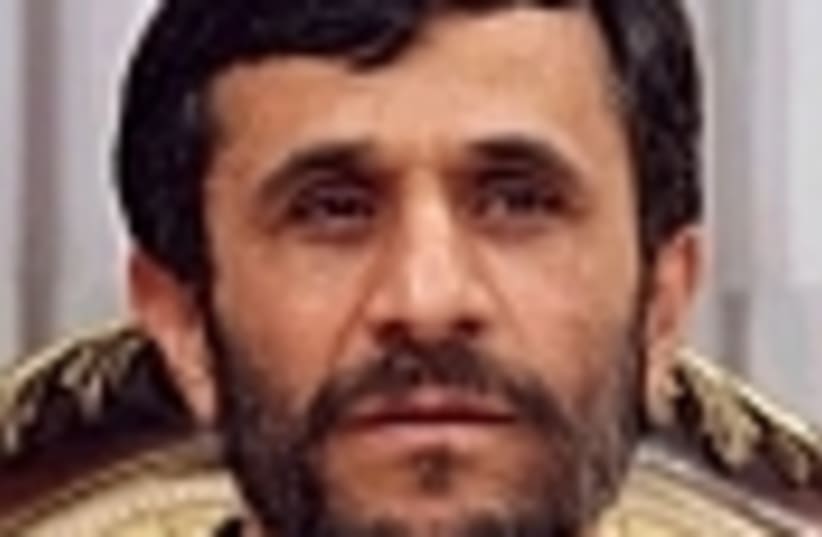| More about: | Iran, Israel, Efraim Halevy, Dan Halutz |
Why the confusion over Iran's nuke timetable?
International pressure, internal strife, technical challenges and foggy intelligence are all reasons.


| More about: | Iran, Israel, Efraim Halevy, Dan Halutz |